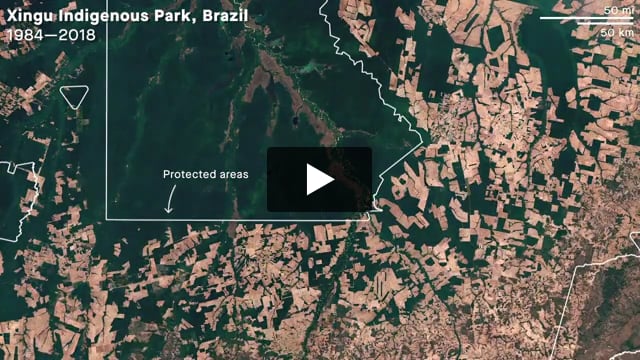Deforestation
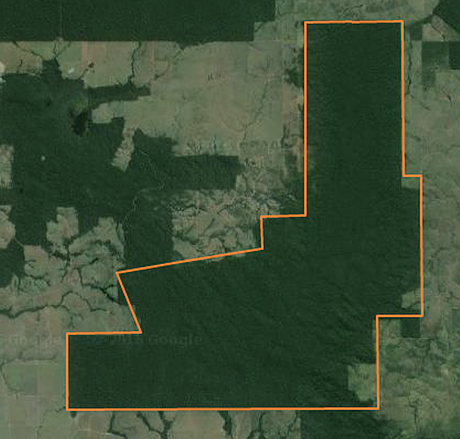
Want to stop deforestation? Fight for Indigenous rights.
The Amazon is being deforested at a rate of 22 square kilometers every day. Under President Jair Bolsonaro, it’s set to get a whole lot worse.
It’s driving climate change and threatening the survival of millions of species. Development projects, mining, logging and agriculture… all are fuelling environmental catastrophe and biodiversity loss.
But a steady pattern is emerging that’s giving many people cause for hope.
Satellite imagery now proves, once and for all, that tribal territories are the best barrier to deforestation.
Statistics back up this evidence:
– Deforestation is up to twenty times higher outside Indigenous areas
– In the Amazon, areas managed by Indigenous people have even lower deforestation rates than official “protected areas” like national parks
The best way to prevent the destruction of rainforests around the world is to secure Indigenous peoples’ land rights.
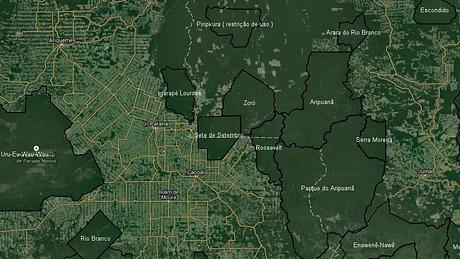 © Google Earth
© Google Earth
To conclude:
The situation is dire. It’s time to start connecting the dots.
People and nature can live in harmony. If we want to ensure the survival of the planet’s remaining forests, we must follow the evidence and protect the lands of the tribal and Indigenous peoples that live there.
Deforestation and climate change will affect us all, but none more so than those who call the forest home.
Stop land theft. Stop deforestation.
You can help us fight for tribal peoples and their land rights by funding our urgent work today.
Keep up to date with all the latest from Survival by joining our mailing list here.
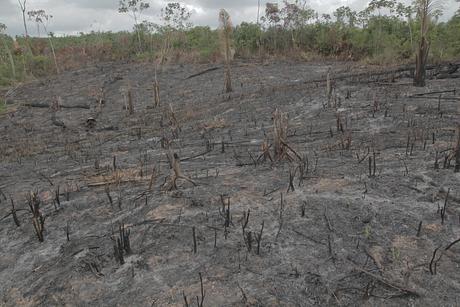
Case studies
The conservation threat: Baka, Congo Basin
Who are the Baka?
The Baka have lived in the forests of Messok Dja in the Congo Basin since time immemorial. They are a hunter-gatherer tribe who have a unique understanding of sustainable living and they depend on their land for survival. Biodiversity is abundant in their forests due to their vast biological and zoological knowledge.
The Baka were expert conservationists long before the word “conservation” was dreamed up.
So what’s the problem?
The Baka are being arrested, tortured and even killed by park guards simply for entering their ancestral lands. Why? Because conservationists want to turn their lands into a new national park, free from human habitation.
Meanwhile, the same conservation organizations profit from invasive tourism, trophy hunting, biofuel production and even logging and mining concessions.
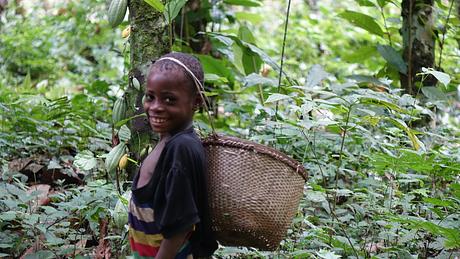
“They’ve forbidden us from entering the forest. How are we going to live? We are going to die.” Baka, Republic of Congo
The European Commission, UNDP, USFWS and WWF are endorsing the illegal creation of Messok Dja National Park. It’s going ahead without the consent of the Baka who live there.
WWF-funded park rangers target anyone found inside the unofficial park limits. People have died and parents are struggling to feed their families without access to their main food sources. Not to mention the fact that WWF is violating its own policy, which states:
“Most of the remaining significant areas of high natural value on earth are inhabited by Indigenous peoples. This testifies to the efficacy of Indigenous resource management systems. Indigenous peoples, their representative institutions and conservation organizations should be natural allies in the struggle to conserve both a healthy natural world and healthy human societies.”
We’re urging WWF and others to stop this land theft and respect the Baka’s basic human rights. Send WWF an email today →
What about the Amazon?
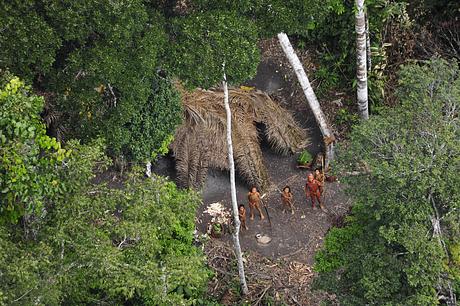 © G. Miranda/FUNAI/Survival
© G. Miranda/FUNAI/Survival
There’s irrefutable evidence that tribal territories are the best barrier to deforestation, particularly in the Amazon rainforest. Upholding the legal right to their land is also essential for tribes to survive.
Jair Bolsonaro, the anti-Indigenous president of Brazil, has promised that not “a centimeter more” Indigenous land will be demarcated under his authority. He’s described their land as an “obstacle to agri-business.”
Uncontacted tribes (those who have no contact with “mainstream” society) are particularly vulnerable. Unwanted contact with outsiders can wipe them out.
In Amazonia, deforestation is killing Indigenous people by destroying the land they depend on for their survival. When their land is stolen, people are forced from their forest homes. They’re reduced from self-sufficiency to living on the sides of roads and/or depending on government handouts. Rates of disease, alcoholism, malnutrition and suicide skyrocket as a result.
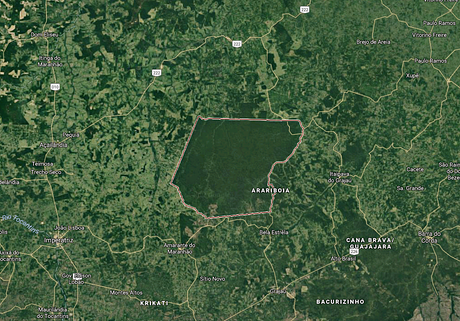
Please donate today. We rely on donations to conduct investigations, collect evidence, and publish research. We take no government or corporate money so our integrity is never compromised. Without you, there can be no Survival.
h2. From Survival’s website
![]() Climate change and tribal peoples report
Climate change and tribal peoples report
![]() Conservation campaign Q&A
Conservation campaign Q&A
![]() Messok Dja Q&A
Messok Dja Q&A
![]() Parks need peoples: Why evictions of tribal communities from protected areas spell disaster for both people and nature
Parks need peoples: Why evictions of tribal communities from protected areas spell disaster for both people and nature
![]() How will we survive: The destruction of Congo Basin tribes in the name of conservation
How will we survive: The destruction of Congo Basin tribes in the name of conservation
From around the web
The role of Indigenous peoples in biodiversity conservation
Indigenous conservation methods
Sign up to the mailing list
Our amazing network of supporters and activists have played a pivotal role in everything we’ve achieved over the past 50 years. Sign up now for updates and actions.

